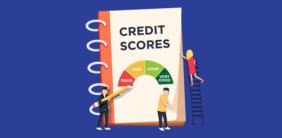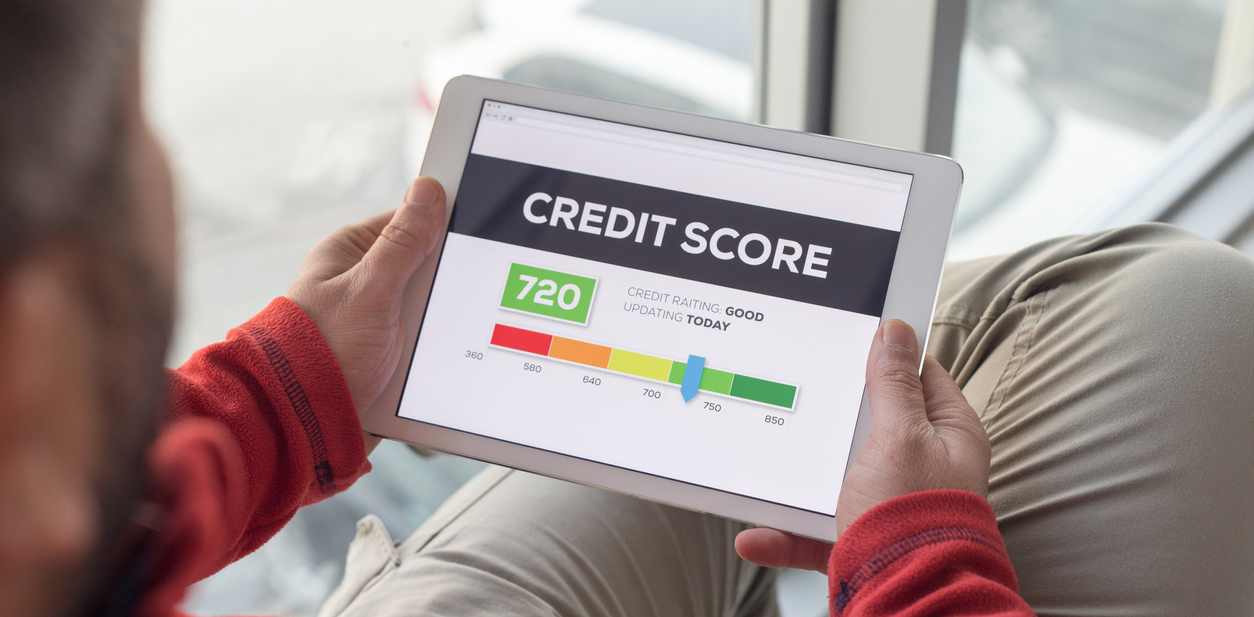When buying or refinancing a car, your lender will use a bookout to decide if your loan is worth the risk.
Figuring out how much a vehicle is worth can be a tricky process. This is true no matter which side of the purchase you’re on, too — whether you’re looking to buy or sell.
Even if two vehicles look identical, there could be any number of variables that sets them apart, and potentially changes the value. This is where a vehicle bookout comes into play.
What Is a Vehicle Bookout?
A bookout is essentially a detailed invoice process, which provides a lender with a comprehensive summary of a vehicle’s value. Bookouts give both buyers and lenders a complete picture of how the vehicle came off the manufacturer’s production line, and what it’s worth at any given point.
Bookouts are initially generated when a vehicle is sold to its first owner, either through a dealership or the manufacturer itself. They include not only the vehicle’s mileage at the time of the sale, but also the exact specifications of that vehicle at the mileage listed.
Down the line, a bookout is useful when a vehicle is set to be sold to a new owner or if the existing owner wants to refinance their car loan.
Why bookouts?
A bookout is not only useful; it’s necessary if you plan to purchase or refinance the car through an auto lender.
Through the bookout process, a lender is able to calculate the value of your vehicle at the time of the sale or refinance. By comparing this number to your current loan amount, it allows them to determine the car’s loan-to-value ratio (LTV ratio) which. In turn, this gives your lender a good idea of the level of risk they would be taking on by offering you a new, refinanced auto loan.
Car (LTV) Loan-to-Value Calculator
A loan-to-value ratio over 100% means you owe more on your loan than your vehicle is worth. An LTV over 125% can make it harder, but not impossible, to qualify for a refinance loan.
If your LTV is less than 100%, your car's value is higher than what you owe on your loan. The lower your LTV, the better.
Each lender has their own rules as far as LTV on a loan is concerned. Some lenders will still refinance a vehicle that is upside down — anything with a loan-to-value ratio over 100% has negative equity, which means that you owe more than the car is actually worth. They may allow an LTV of 120-130% if other parts of your application (like credit score, debt-to-income ratio, etc.) are solid. Others will have LTV limits around 70-80%.
By conducting a bookout, your lender will be able to decide whether you’re eligible for your new loan. Plus, you’ll know what your car is actually worth!
What Information Is Needed for a Bookout?
Using the VIN as a reference point, a bookout will account for all of the features and options on your vehicle at the time of its sale, including any dealership features that may have been added. It will detail things like theft-protection systems, glass etching, bedliners, upgraded interiors, tow packages, and more. Any bells and whistles that your vehicle came with will be included.
If your bookout is in preparation of a refinance, it will also factor in the car’s current state and details.
In order to complete a bookout, your lender will need your VIN, as mentioned, as well as:
- The car’s year, make, and model
- Its body style and trim level
- Your region
- Mileage to date
- Its current condition
The lower your mileage, the more your vehicle will be worth. The worse off its condition (think dents, scratches, interior damage, a history of accidents, etc.), the lower its calculated value. Your region also impacts your vehicle’s value, both due to environmental wear-and-tear in certain areas (such as the effects of salty air on vehicles near the ocean) and local demand.
How much a vehicle is worth also depends on how it’s being bought/sold. Considering a private sale? Expect the price tag to be higher. Trading the vehicle in to a dealership? The value range can drop by thousands of dollars.
How does a bookout impact vehicle price?
When buying a brand new vehicle, the invoice will show exactly how much the retail price of the vehicle is, accounting for the features and mileage at the time of the sale. It’s a pretty straightforward document (though you aren’t likely to see this info beyond the MSRP sticker on the window), as the car hasn’t been owned, driven, or altered. And while it will show all of the features and options on your vehicle, it won’t necessarily be a huge reference point for the price negotiations.
However, once you begin talking about the purchase or sale of a previously-owned vehicle, a bookout becomes even more important. In fact, it’s usually the document that both buyers and sellers use to begin the valuation process.
Bookout reports are utilized by dealerships and lenders alike to determine exactly which features a specific vehicle includes. Having a bookout available ensures that the most accurate, and fair, price can be calculated. As a car owner, this means that you avoid overpaying when you buy and losing money when you sell.
A bookout allows an interested party to gain valuable insight into a vehicle, accounting for its unique features and history. These reports are analyzed by respected industry “book” companies; this allows buyers, sellers, and lenders to determine what the vehicle is truly worth.
Checking a vehicle’s value
If you’ve ever bought or sold a vehicle (whether a new car or a used car), you’ve likely heard mention of — if not personally used — Kelley Blue Book. Also referred to as KBB, this industry-leading resource can give you an idea of what a vehicle should cost at any given time, taking into account its region, condition, and even the type of sale you’re considering.
Good book companies account for all of this. They will evaluate a vehicle’s individual details in the form of a bookout, look at the current mileage and condition, and then factor in the vehicle’s location. A few calculations later, you’ll have an accurate and respected analysis of its worth, called a bookout, or book value.
Car owners can easily view the book value of a vehicle before they ever attempt a sale/trade-in, go to make a purchase, or start a refinance on their auto loan. In fact, it only takes about three minutes to do this online.
Dealerships and lenders also strongly utilize the book values from companies like NADAguides and KBB anytime they are considering a trade-in, sale, or loan refinance.
How Bookouts Are Used in the Refinance Process
It’s important for lenders to know how much a vehicle is worth prior to approving an auto loan request. This is especially true with auto loan refinancing, where the vehicle’s value has declined from the day it rolled off the line.
With an up-to-date book value, a refinance lender will be able to determine the maximum loan they’re willing to offer a customer. This helps them avoid those dangerously high LTV ratios, which puts owners “upside down” on their auto loans and eliminates the safety net of equity that lenders rely upon.
An accurate bookout can help borrowers in the refinance process, too. The higher your car’s value, the more enticing an auto loan will be to a potential lender. This means a better chance at approval as well as snagging a refinance loan at a very competitive rate.
Conversely, a low book value on a vehicle can result in lender hesitation or denial, as well as higher auto loan interest rates. This is why it’s important to be as accurate and forthcoming as possible when applying for refinancing through your lender — you want the bookout process to help, not hinder, your loan application.
Final Thoughts
Anytime you are ready to make a move with a pre-owned vehicle — whether that means buying, selling, or simply refinancing — a bookout is an asset to the process. It will ensure that you know what your vehicle is actually worth at any given time, and help you get the best possible value out of your transaction.
Bookouts are helpful to your lender, too, as well as imperative part of the auto refinance process. With an accurate bookout, a refinance lender is able to not only make an informed decision about your loan request, but also offer you the most competitive terms for your note.
About The Author
RateGenius
A better way to refinance your auto loan. RateGenius works with 150+ lenders nationwide to help you save money on your car payments. Since 1999, we've helped customers find the most competitive interest rate to refinance their loans on cars, trucks, and SUVs. www.rategenius.com
;)












